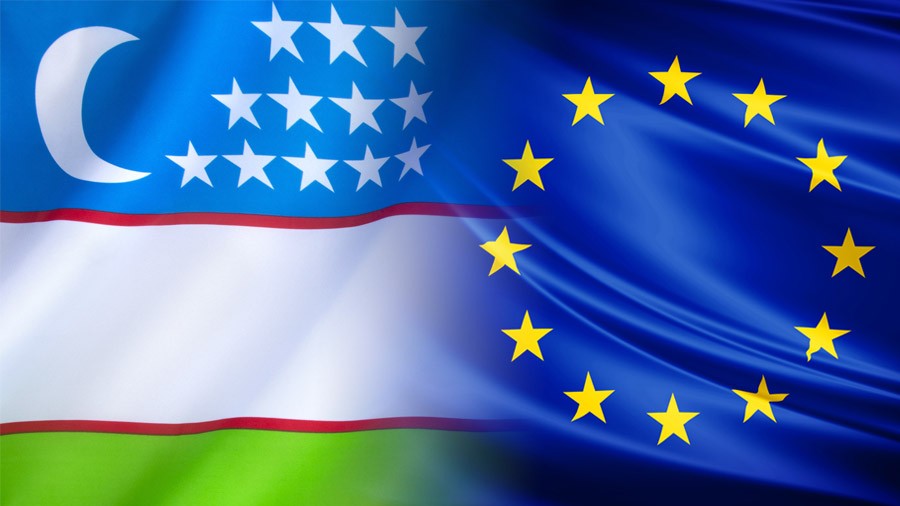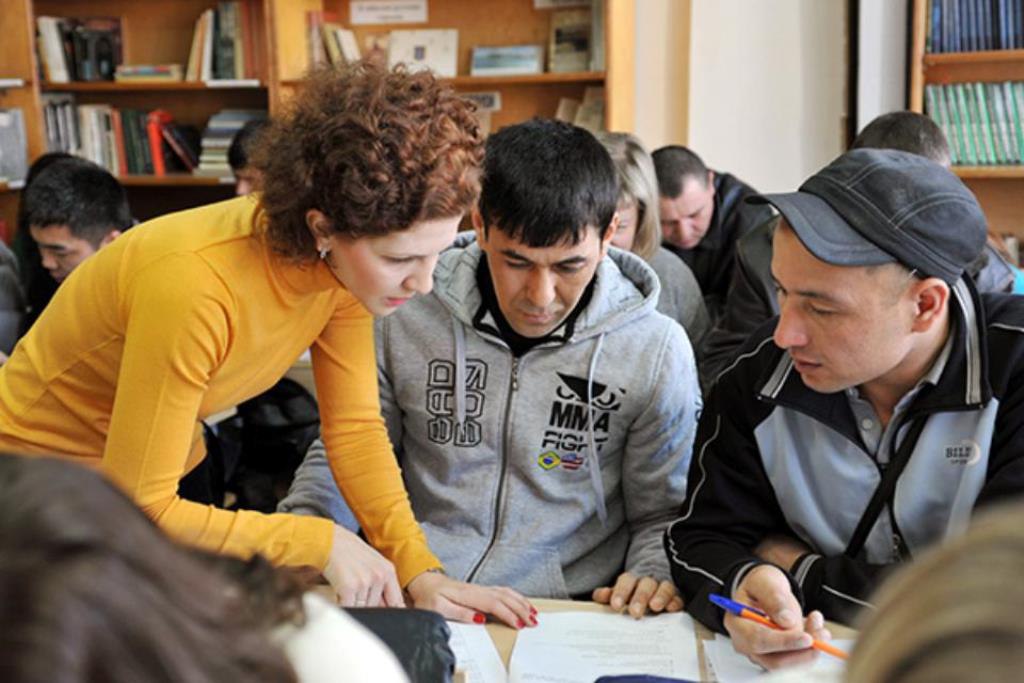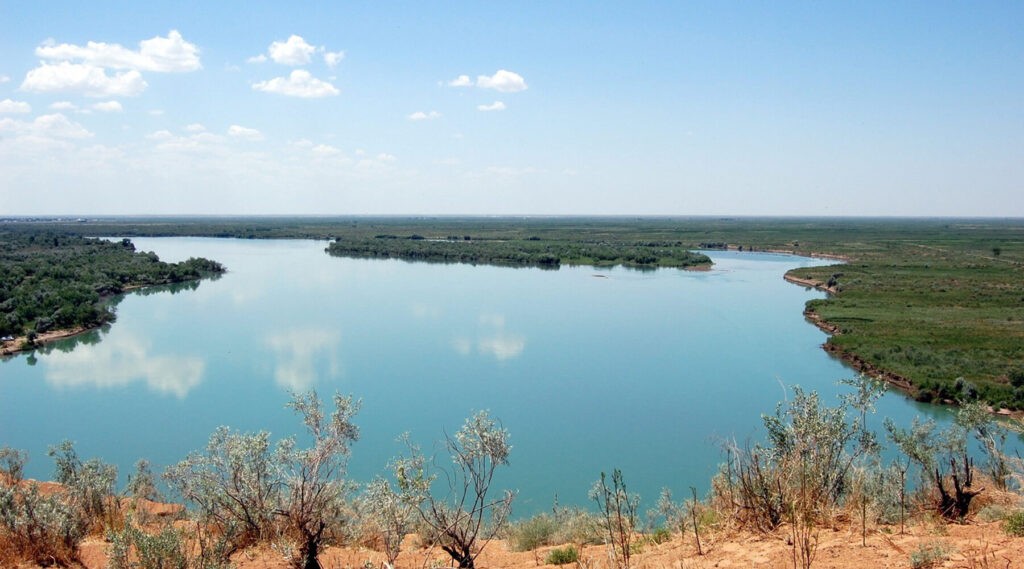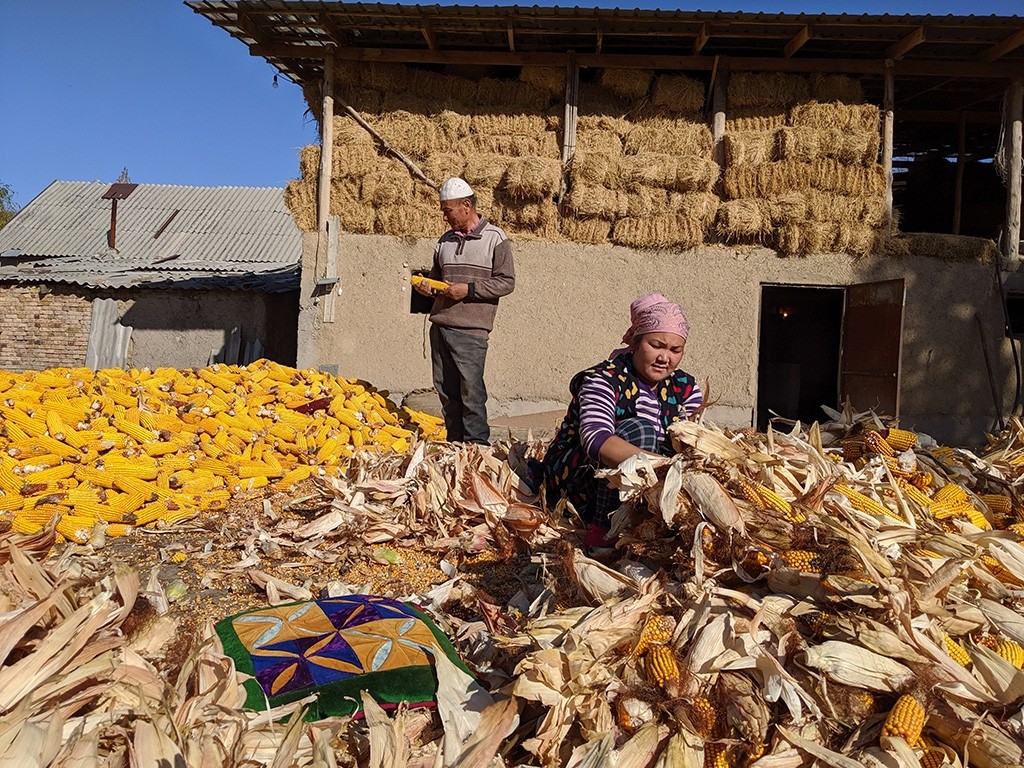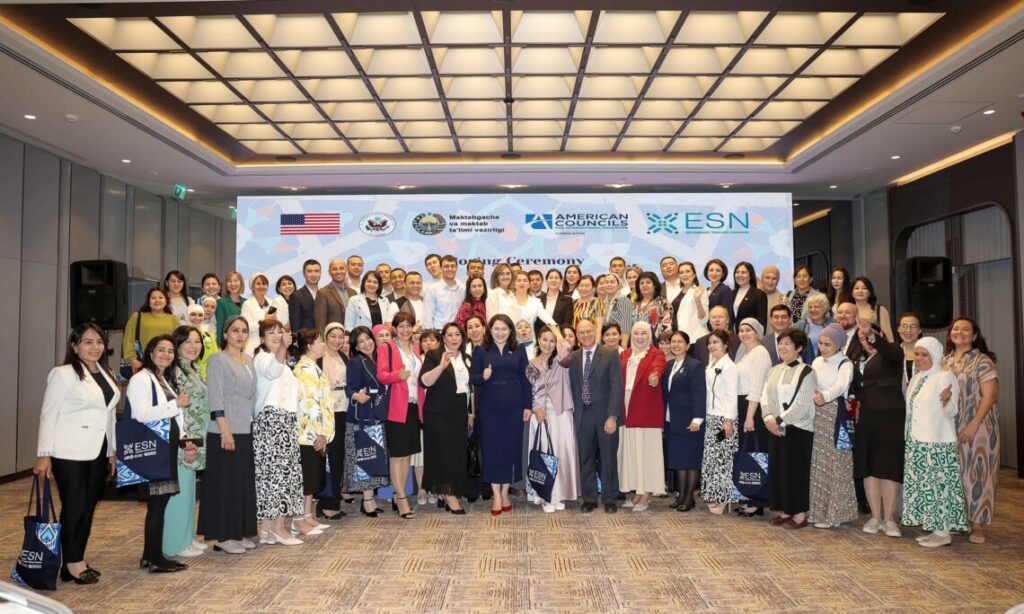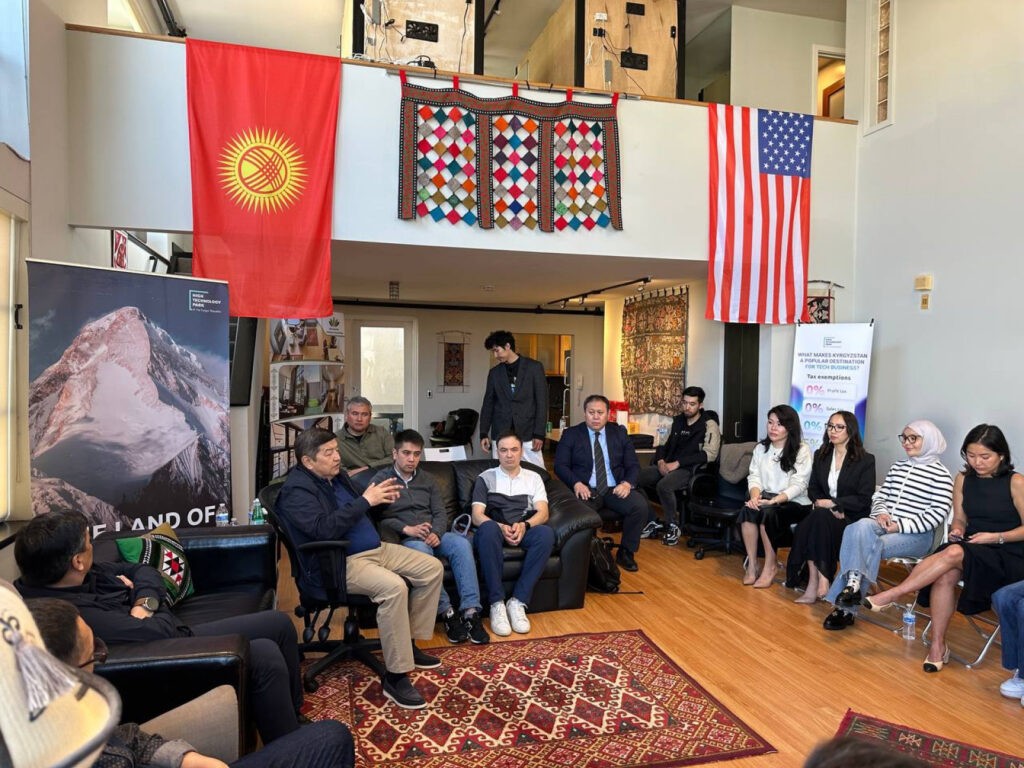Uzbekistan Seeks to Expand Trade Horizons with Europe
– Opinion by Robert Cutler
Uzbekistan’s economic landscape has been evolving, with announcements of major reforms and international cooperation aimed at economic modernization and increasing its profile in global markets. Its partnership with the European Union (EU) has focused on critical raw materials. At the same time, Tashkent plans to reduce gas exports in favour of expanding petrochemical production and inviting foreign investment into its mining sector.
In October 2023, the European Parliament (EP) had endorsed this policy direction by adopting a resolution on Uzbekistan based on a series of broad programmatic documents regarding Central Asia, including a previous Memorandum of Understanding (MoU) with Uzbekistan on energy cooperation. The EP also favorably mentioned the Enhanced Partnership and Cooperation Agreement (EPCA) concluded in July 2022 to “modernize” the EU’s Partnership and Cooperation Agreement signed with Uzbekistan in 1999.
A new MoU signed earlier this month by the European Commission’s Executive Vice-President Valdis Dombrovskis and Uzbekistan’s Minister of Investment, Industry and Trade Laziz Kudratov foresees an ambitious intensification of the partnership. The agreement is touted as a step towards diversifying supply chains to Europe for critical raw materials (CRMs) required for the energy transition.
The EU’s strategic economic partnership with Uzbekistan
The new MoU follows on the EU’s 25 October 2023 agreement with Uzbekistan during the Global Gateway Forum. That agreement had confirmed that Uzbekistan, with its reserves of metals such as silver, titanium, and lithium, would join the so-called Critical Raw Materials Forum. However, a critical evaluation of the MoU shows that a lot of hard work will be necessary to realize its plans and promises.
In fact, the MoU represents a list of possibilities for cooperation without a guarantee of follow-through. The new partnership focuses on a number of areas of potential collaboration. These may be grouped under three general categories: (1) integrating CRM value and supply chains and their resilience; (2) mobilization of funding; and (3) cooperation on production, research, innovation and capacity building. The MoU itself admits that further specific cooperation is required to establish an operational roadmap that would specify particular joint actions for implementation.
This partnership is in line with the EU’s Global Gateway Initiative, which seeks to mobilize up to €300 billion in investments by 2027, although the initiative has been criticized for largely being a re-packaging of previously established programs without significant new funding. As far as Uzbekistan is concerned, the big unspoken problem is the need to enhance the country’s economic competitiveness in global markets.
Uzbekistan’s mineral resources exploration
Only about 20 percent of Uzbekistan’s territory has been explored. Potential mineral resources are evaluated at US$5.7 billion, with the country’s explored reserves representing about US$1 billion of this amount. This unexplored potential represents a significant opportunity for further enhancing Uzbekistan’s potential global competitiveness in the mineral resources sector, but only if transportation logistics can be economically put into place.
According to the U.S. Geological Service, Uzbekistan also has reserves of other minerals – such as calcium, kaolin, rhenium and vermiculite – that can be leveraged for various energy production and industrial processes. The country has already offered 29 identified deposits of strategically important solid minerals to foreign investors for industrial development, including 12 gold deposits, eight tungsten deposits and three deposits each of iron, lithium and uranium. With the exception of uranium for nuclear energy, notably absent from the list are any “green energy” minerals favored by the EU.
Strategic energy shifts and industrial development
Uzbekistan has been trying to implement large-scale reforms in recent years to strengthen its energy industry. The government has decided to phase out international gas exports by 2025 and direct its gas resources towards expanding petrochemicals production. In terms of regional effects, this will likely decrease Kazakhstan’s security of supply, whereas China’s gas imports from Uzbekistan can be made up by Turkmenistan. Uzbekistan’s strategic move to keep its gas within its own borders has the potential to influence to energy security and economic growth.
The government is also seeking to develop a legal framework to make the mining sector more attractive to foreign investors. International financial and development institutions are seeking to assist in this process. Such a legal framework will have multiple far-reaching components that will need to be intricately integrated, such as accounting law, banking law, bankruptcy law, property law, and even inheritance law. This list does not include improvements required in various operational fields such as management structures, methods for assessing and accounting for mineral reserves, and financial reporting. There is unlikely to be any quick fix for these issues, especially given the need to train personnel in Uzbekistan after mechanisms have been established.
Economic reforms and the challenges in attracting investment
The World Bank is supporting strategic reforms that seek to transform Uzbekistan’s entire system into a market economy. Yet this support to the government consists of low-interest, low-cost loans totaling around a relatively low figure of $800 million. It is targeted at reforms in critical sectors of the economy, notably the energy sector but also agriculture, railway and chemicals. The goal is to reduce the state’s dominance in these sectors, but the transition to a market economy is complicated by the mandate to shift quickly towards a “greener” economic model. In current circumstances, such a quick shift would objectively require significant state intervention.
Other issues that need to be addressed, beyond questions about the legal structure, include the depreciation of physical equipment over time, the failure of timely infrastructure updates, and the inadequate introduction of resource and energy-saving technologies. These problems both increase technological losses and make fuel and energy resource supply interruptions more frequent.
Conclusion
The success of Uzbekistan’s reforms will hinge on the country’s ability to implement legal and structural changes in an effective manner, address technological inefficiencies, and engage more comprehensively with the global economy.
EU members are at present not major players in Uzbekistan’s economy. The main countries currently investing here are China, Kazakhstan, Russia, South Korea and Turkey. Nearly half of all foreign direct investment is targeted at the coal, oil and natural gas industries, which are likely to remain at the commanding heights of the economy for the foreseeable future.
Robert M. Cutler has written and consulted on Central Asian affairs for over 30 years at all levels. He was a founding member of the Central Eurasian Studies Society’s executive board and founding editor of its Perspectives publication. He has written for Asia Times, Foreign Policy Magazine, The National Interest, Euractiv, Radio Free Europe, National Post (Toronto), FSU Oil & Gas Monitor, and many other outlets. He directs the NATO Association of Canada’s Energy Security Program, where he is also senior fellow, and is a practitioner member at the University of Waterloo’s Institute for Complexity and Innovation. Educated at MIT, the Graduate Institute of International Studies (Geneva), and the University of Michigan, he was for many years a senior researcher at Carleton University’s Institute of European, Russian, and Eurasian Studies, and is past chairman of the Montreal Press Club’s Board of Directors.


